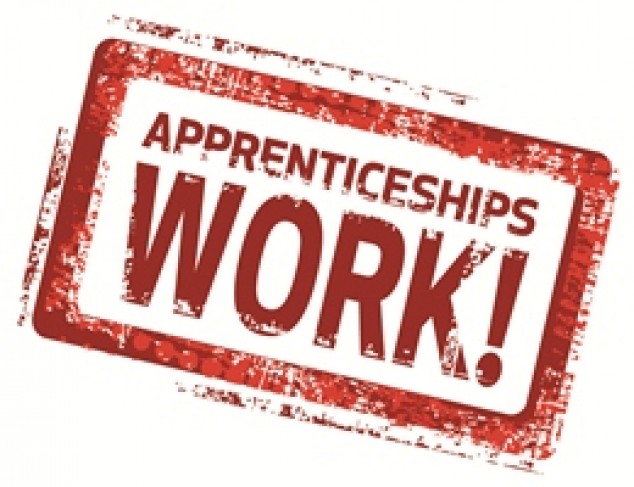
Long time no see folks. It’s well past time to shed that post-policy depression (tax code) and get back to it. In doing so let’s consider a topic I have discussed often, one that should have bipartisan and Trump administration support, but has unfortunately yet to get its due–apprenticeships.
The Trump administration just concluded it’s “Task Force on Apprenticeship Expansion” in May. Here are some key recommendations from the final report:
- “The Subcommittee on Attracting Business to Apprenticeship recommended that the Industry Recognized Apprenticeship program should streamline and simplify program funding through various methods, such as updating Federal funding criteria, streamlining State grant access, and exploring sector-led financial options.” (p 10)
- “According to recent research by the U.S. Government Accountability Office (GAO), there are more than 40 workforce development programs across nine Federal agencies. Data shows that these programs were funded with more than $42 billion, although less than half that amount ($17 billion) went to employment and training activities. Based on this data, there is a clear need to streamline and simplify programs by developing an organized approach that recognizes and preferentially funds apprenticeship.” (p 27,28)
Who can argue against greater efficiency? Nobody. However these efficiency increasing measures were already implemented, according to the Government Accountability Office (the very entity the Task Force cited regarding inefficiency in the first place)–that low hanging fruit has already been picked.
The Trump administration wants the private sector to share in the cost of scaling-up apprenticeship programs–another sentiment that is difficult to argue with. The problem is that it has not offered any incentive for the private sector to do so. Private companies are currently bringing in record profits while under-investing in apprenticeships; why would these companies change their behavior now, when times are good, without a new incentive to do so? Instead of increasing spending or leveraging the recent corporate tax giveaway to provide such an incentive, the Task Force cites measures to increase efficiency that have already been implemented.
The private sector needs to play a role in developing the curricula for apprenticeship programs, but can we stop pretending it will provide meaningful financing for them? Maybe if we cut corporate taxes even further they would, right!? If only we could’ve done away with that pesky corporate income tax completely, surely they would have (well, there is no more corporate alternative minimum tax now)…OK, clearly I’m still salty about tax reform…
It is time to admit that private businesses have largely abandoned the apprenticeship model. Sure there will always be anecdotes about successful training programs, particularly from large corporations that can afford to attract top talent. Unfortunately nothing currently exists on the scale required to meet the needs of the average American worker or business.
The results are obvious: underemployment, stagnant wages (a modest uptick in wage growth recently does not make up for decades of stagnancy), and ballooning tuition rates / student loan debt as everyone feels they must go to college to make a decent living. If the Trump administration’s answers to these societal problems are reaching some unattainable level of efficiency and expecting the private sector to suddenly become more altruistic, nothing will change from today’s unacceptable status-quo. If, on the other hand, apprenticeships were adequately invested in, they could provide an affordable alternative to the four-year college path, and revive America’s dwindling middle class.
The Trump administration just proposed merging the Labor and Education Departments. In talking about it, a friend asked me if I thought the proposal was a good idea. My answer was that it could be a good idea, but under this administration it would not be. If, for example, the merger really reduced redundancies and opened up more resources for programs like apprenticeships, that would be a positive trade-off in my opinion (again, greater efficiency is hard to argue against, in theory).
But lets be realistic, that is not the point of the Trump proposal. Look at Trump’s big Apprenticeship Task Force, which would fall squarely within the proposed agency’s mandate. Where’s the beef? SHOW ME THE MONEY! It’s simply not there…
As a nation we invest in what is important to us. No amount of free-market rhetoric, appeals to “greater efficiency”, or other forms of lip-service are going to shrink Americans’ skills gap or “make America great again”. Only investing adequately in our greatest asset–the American people–can accomplish that feat.
—
(Note: When considering what we do spend tax dollars on, don’t forget that the recent spending bill appropriated $61 billion MORE for defense spending–$655 billion total, compared to $42 billion for workforce development programs. Also, don’t forget that the recently passed tax code will reduce tax revenue by over $1 trillion dollars over the next decade)
